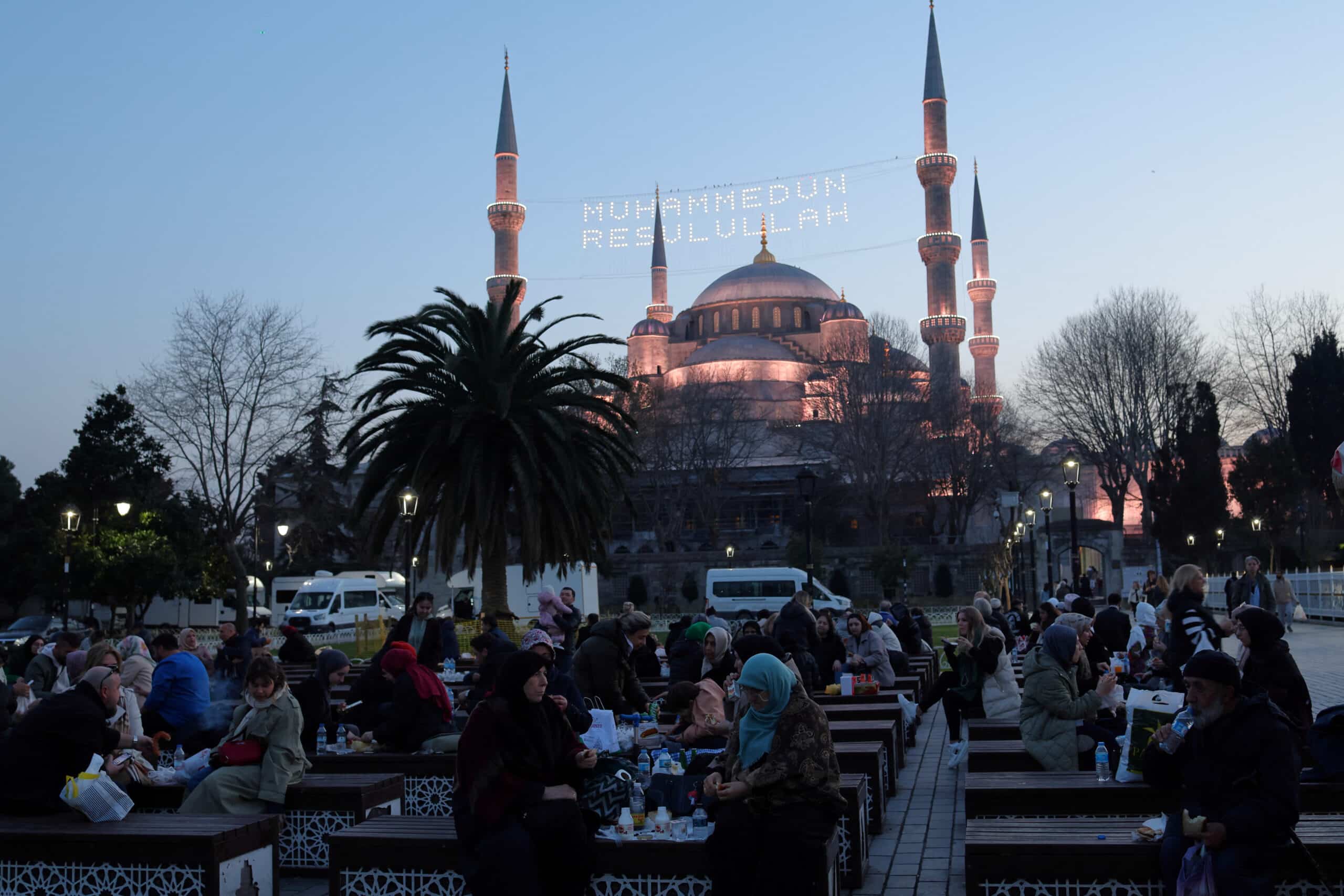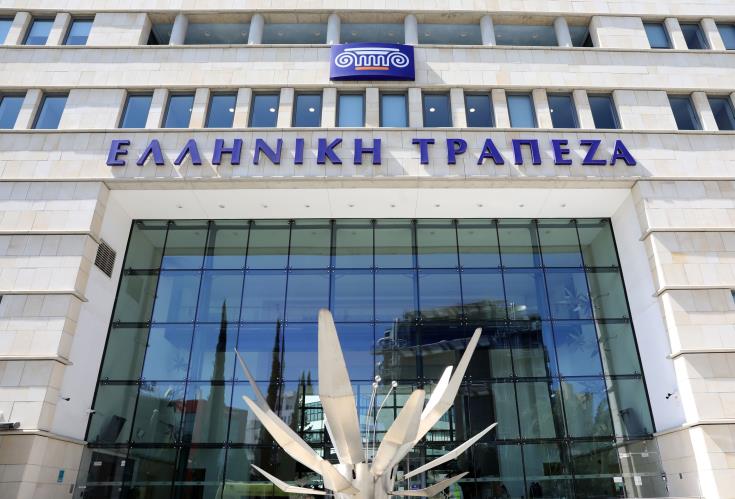Erdogan’s Party and the Ramadan Election Effect
In a significant political moment for Turkey, millions will cast their votes this Sunday to elect local mayors. The stakes are high for President Recep Tayyip Erdogan’s Justice and Development Party (AKP), which seeks redemption after losing key cities in the 2019 local elections. Conversely, the opposition aims to maintain its foothold, especially after failing to unseat Erdogan in the 2023 national and presidential contests.
Unlike the previous local elections, this year’s voting occurs during Ramadan, potentially influencing the outcome. My research with Diego Gambetta in 2022 revealed that Ramadan can drive up the intensity of religious beliefs, potentially benefiting religious organizations and swaying election results.
Ramadan’s significance in the Islamic calendar is profound, marked by increased religious observance, charity, and community service. Despite the demanding nature of fasting from dawn until dusk, adherence remains widespread among Muslims.
The timing of Ramadan, determined by the lunar calendar, introduces variability in the fasting duration due to its annual shift of about 11 days earlier in the solar year. This shift affects the length of daily fasting, which varies significantly with latitude. For instance, a Muslim in London might experience an eight-hour fast in December compared to a nearly 17-hour fast in June—a stark nine-hour difference.
This variability offers researchers a lens to examine how increasing the costliness of religious practice—like extended fasting—affects participation. Contrary to economic theory, which suggests decreased willingness to engage in costlier activities, religious practice appears to buck this trend. Increased effort in religious observance seems to heighten religiosity and bolster the success of demanding religious organizations.
Our study on Turkey’s parliamentary elections from 1973 to 2018 supports this notion. We found that each additional half-hour of Ramadan fasting could boost Islamist parties’ vote share by 11 percent. The proximity of elections to Ramadan also amplifies this effect.
Given that the local elections coincide with Ramadan, Islamist political parties, including Erdogan’s AKP, might see an advantage. However, since Ramadan fasting durations are on a downward trend since peaking in 2019, Islamic parties could face challenges maintaining voter support in the long term.
With tight races anticipated across Turkey, the influence of Ramadan on voters’ choices remains a factor to watch. As election day approaches, it will become clear whether the holy month will sway the electoral scales in favor of Erdogan’s party or if other dynamics will prevail.






